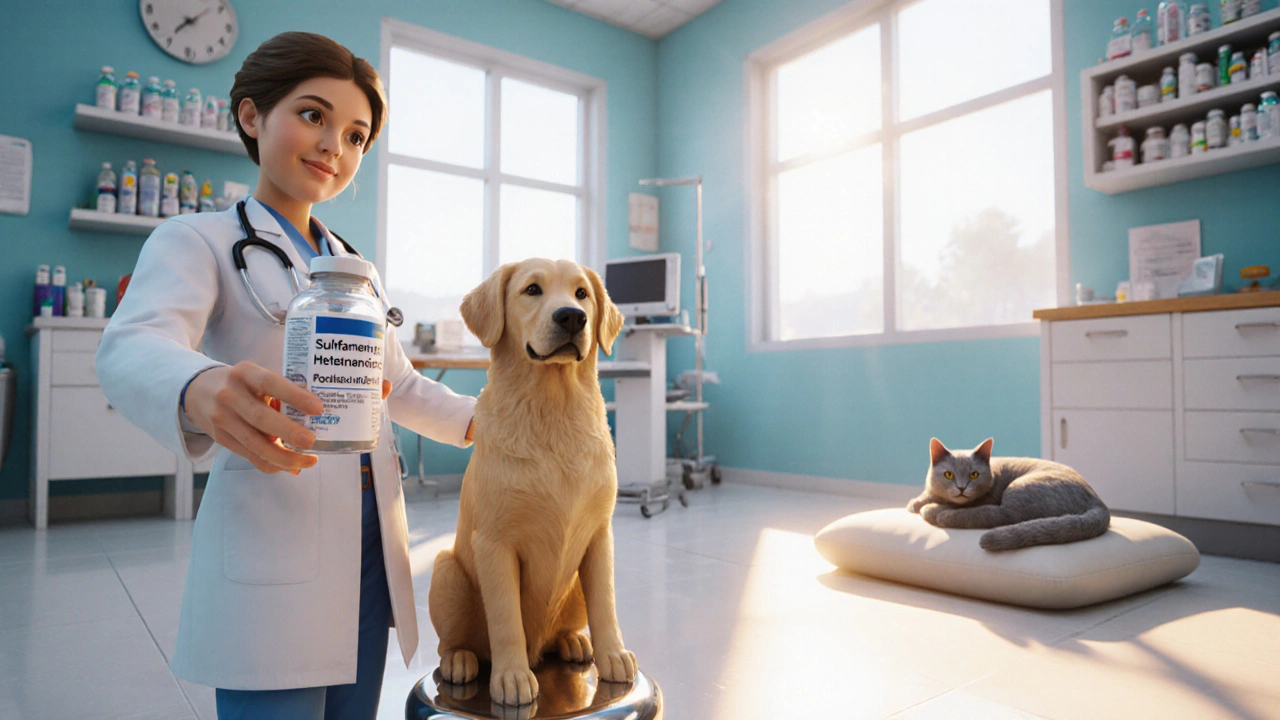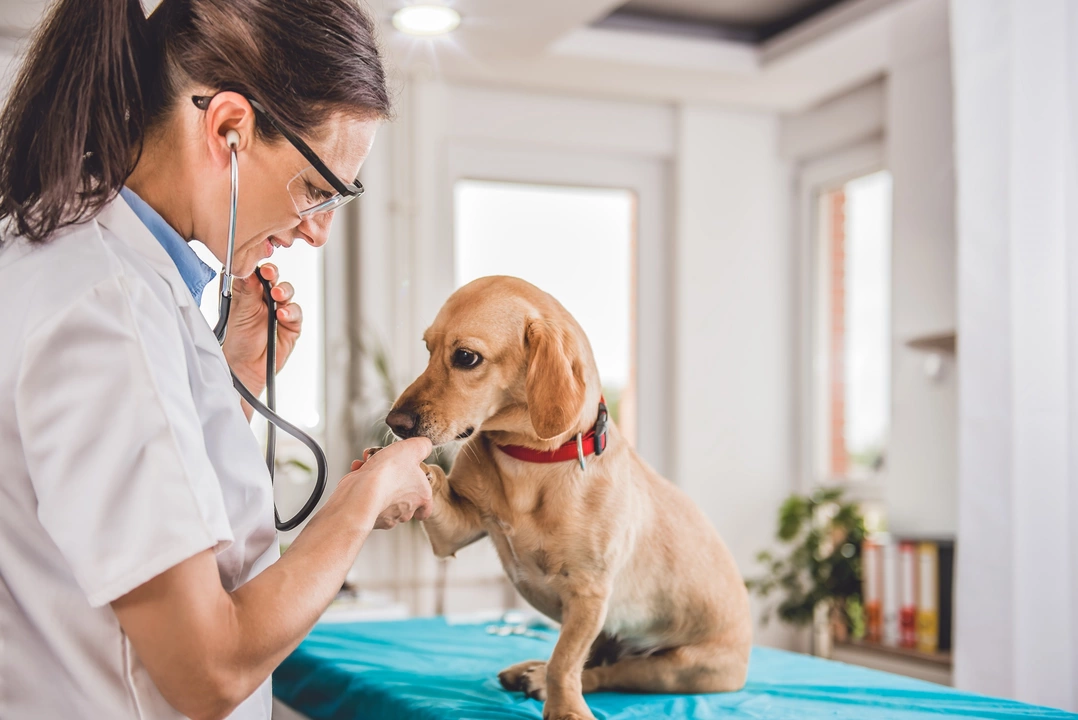Pet Health: Simple, Practical Advice on Meds and Care for Dogs & Cats
Did you know a drug that helps humans can hurt pets if given wrong? Medication is one of the most useful — and most risky — parts of pet care. This page gives clear, practical tips on how to handle common treatments, what warnings to watch for, and when to call your vet.
Medications you might meet at the clinic
Two meds show up a lot: metronidazole and albuterol. Metronidazole treats certain infections and gut problems in dogs. Albuterol helps pets with breathing troubles like asthma or bronchitis. Both can help, but dose, form, and how you give them matter.
Read our detailed guides for each: Understanding Metronidazole Dosage and Safety for Dogs and Albuterol for Cats and Dogs: Can it Help Your Pet? These posts explain when vets choose them and what to expect while your pet recovers.
How to handle meds safely at home
Keep a list of every drug your pet takes, including supplements. Store meds out of reach and in their original container. Follow your vet’s schedule exactly — skipping doses or doubling up can cause harm. If you use inhalers for cats or small dogs, use a proper spacer and mask made for pets to avoid dosing errors.
Watch for side effects: vomiting, diarrhea, changes in behavior, trouble breathing, drooling, or loss of appetite are signals to contact your vet. If your pet eats human medication by accident, call your vet or a poison hotline right away — quick action matters.
Never give medicines meant for other animals or people unless your vet says it’s OK. Some drugs that seem similar can have different strengths or extra ingredients that are dangerous to pets.
When a vet prescribes an antibiotic like metronidazole, finish the full course unless your vet tells you otherwise. Stopping early can let the infection come back stronger. For respiratory meds like albuterol, use them exactly as shown and report any worsening signs. Your vet may adjust dose or try supportive treatments like oxygen or steroids depending on the situation.
Final tips: write down dosing instructions, ask your vet for a written plan if you’re unsure, and ask how long to watch for side effects. If you travel with your pet, bring a copy of prescriptions and the vet’s contact info. Good medication management makes treatment safer and speeds recovery — and that’s what your pet needs most.



